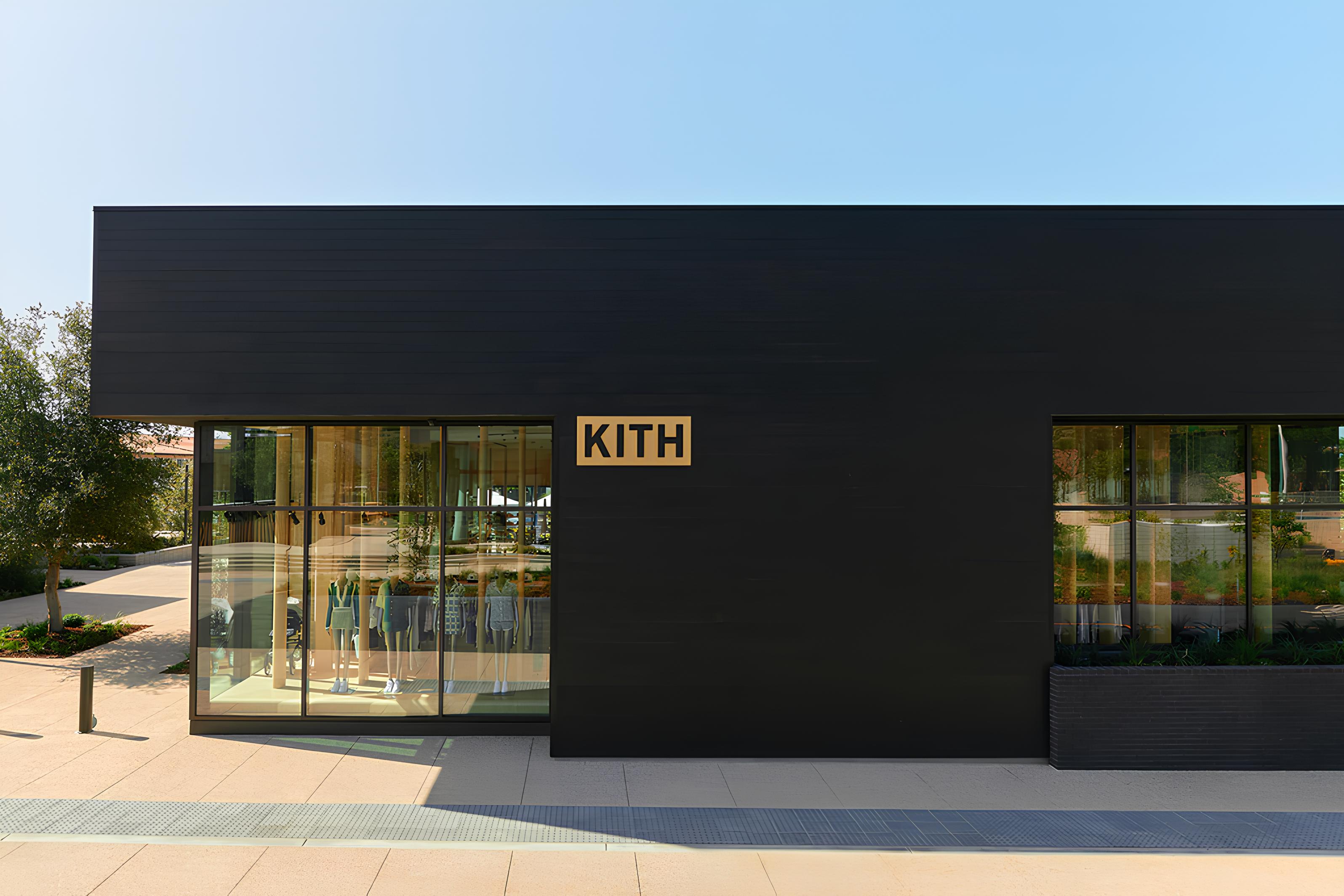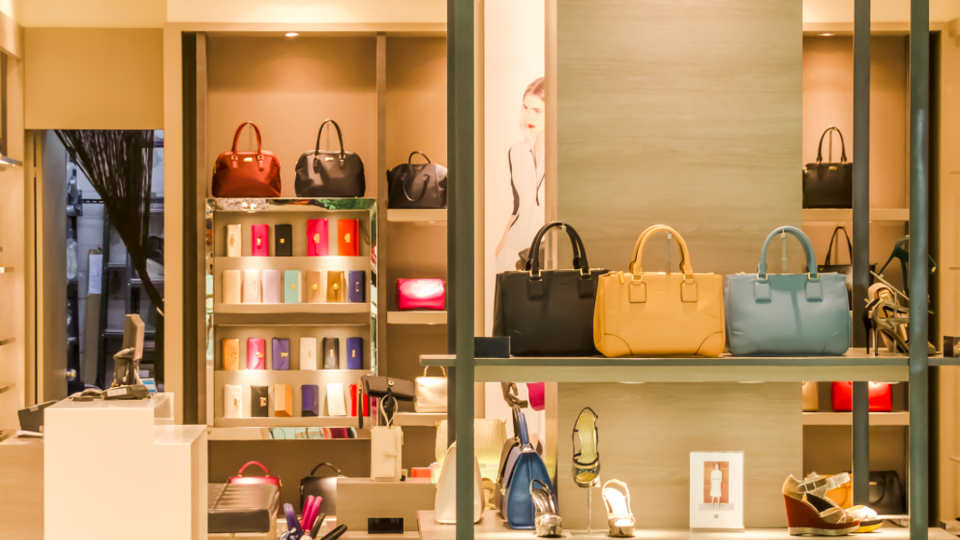Richemont’s intention to acquire the Yoox Net-A-Porter Group will put it into competition with Amazon and luxury conglomerate LVMH.

Richemont’s intention to acquire the Yoox Net-A-Porter Group will put it into competition with Amazon and luxury conglomerate LVMH.
Swiss luxury conglomerate Richemont's intention to acquire the remaining Yoox Net-A-Porter Group shares it does not hold should serve as a wakeup call for other holding groups who have yet to establish a multi-brand e-commerce platform.
Richemont already owns 49 percent of Yoox Net-A-Porter (YNAP), but on Jan. 22 announced its proposal to acquire the remaining 51 percent, in a move that would significantly boost the conglomerate's competitiveness in the luxury market. If Richemont comes to own Yoox Net-A-Porter outright, that will leave only France's Kering Group as the only major luxury conglomerate that does not have its own proprietary multi-brand e-commerce platform.
"Yoox Net-A-Porter maybe the largest online luxury e-commerce pureplay, but other commerce strategies have emerged that are less costly, cast a wider net and are growing more rapidly (albeit from a smaller base)," said Marie Driscoll, principal of Driscoll Advisors, New York. "That said, as the fine jewelry market moves online from its present mid-single digit penetration, Richemont can be more strategic with its luxury brands as it absorbs learnings from Yoox Net-A-Porter."
Competitive retail
Over the past few years, e-commerce has come to be a dominant force in the luxury world. While luxury consumers still mostly enjoy going into a physical store and having an in-person experience, e-commerce has undeniably had a huge impact on the way luxury goods are marketed and sold. The key to retail’s survival is the ability to closely integrate e-commerce with bricks-and-mortar business models, especially for luxury retailers.
In a recent whitepaper, Frost & Sullivan has laid out what challenges the retail field is facing, most notably in pressure from e-commerce, and how retailers can stay competitive. Luxury retailers have a different set of challenges than the rest of retail, but e-commerce still plays a major role.

Image credit: YNAP. Image: Yoox Net-A-Porter saw 842.2 million visits in 2017.
But with the rise of Amazon as the number one fashion e-commerce platform in the world, luxury brands have struggled to compete with the online retail behemoth.
One of the key ways luxury players have fought back against Amazon is through the use of their own unified multi-brand e-commerce platforms.
Between the three major luxury conglomerates, LVMH recently launched its own e-commerce platform with 24 Sèvres, a tie-in to department store La Bon Marché, and with the pending approval of the deal for Net-A-Porter, Richemont will have its own comparable service.
Richemont's brands already use much of Yoox Net-A-Porter's back-end e-commerce tools for their own Web sites. As the acquisition is completed, it is likely that Richemont will begin using more of YNAP's tools to support its brands, which have notably sometimes taken a long time to embrace e-commerce.
That leaves Kering as the only major luxury group to not have its own e-commerce platform although recent moves from the group have suggested it is reprioritizing luxury. Kering Group has proposed to distribute approximately 70 percent of its shares in athletic brand Puma to focus more heavily on luxury goods. Kering currently owns 86.3 percent of Puma shares, but is looking to offload the majority of its holdings to free up the group, allowing for more focus on its status as a leading pure player in luxury. Post transaction, Kering would retain about 16 percent of Puma shares.
"This transaction is recognition that digital commerce needs to be fully integrated in the way luxury brands go to market, meet their clients, tell brand stories and sell their dreams," Ms. Driscoll said.
Odd one out
Consumers are now naturally more inclined to shop in a multi-category and multi-brand environment. Whether it is for consumer goods, food, entertainment and social media communication, companies such as Amazon, FreshDirect, Netflix and Facebook have all changed consumer behavior.
As a reference, Amazon now represents 50 cents of every dollar spent online and 25 percent of the total growth in retail, both online and offline. Similarly, a luxury goods consumer can now expect to shop in a manner that is seamless across brands, product categories and channels. In May of last year, LVMH confirmed months-long rumors of its creation of a multi-brand flagship.

Rendering courtesy of YNAP. Image: Reception area at YNAP's London Tech Hub.
According to a report from Reuters, the venture was inspired by LVMH-owned department store Le Bon Marché, taking its name, 24 Sèvres, from the retailer’s Rue de Sèvres address as well as its loyalty program. Along with creating a centralized place to shop LVMH labels such as Dior and Fendi, the digital store also stocks competitors’ merchandise, more closely echoing the model of LVMH’s bricks-and-mortar retailing arm.
Richemont’s acquisition of YNAP comes at an opportune time. The online retailer saw record net revenues of 2.1 billion euros, or about $2.6 billion, for the 2017 fiscal year.
Throughout 2017, ending Dec. 31, all of the company’s business lines grew, contributing to a total organic revenue increase of 16.9 percent and a recorded rise of 11.8 percent. YNAP’s preliminary consolidated net revenues for the fourth quarter were also up 6.9 percent.
An interesting note is that both multi-brand retailers stock goods from their competitors. As Richemont will likely take complete control of Net-A-Porter soon, it is unclear if that will change.
Either way, the acquisition of YNAP should light a fire under Kering to begin exploring its own options in this area.
"Most luxury brands have had their aha moment and have acknowledged in the past 24 months that digital is non-negotiable for many of their existing clients and new luxury shoppers," Ms. Driscoll said. "Luxury brands can go direct to consumer and disintermediate multi-brand retailers.
"A multi-brand ecommerce site either has to have a point of view in curation, AI that personalizes offerings to clients, or be a place known for discovery of new and exciting fashions, brands and accessories," she said.
Cover image credit: LVMH
Article originally published on Luxury Daily. Republished with permission.










